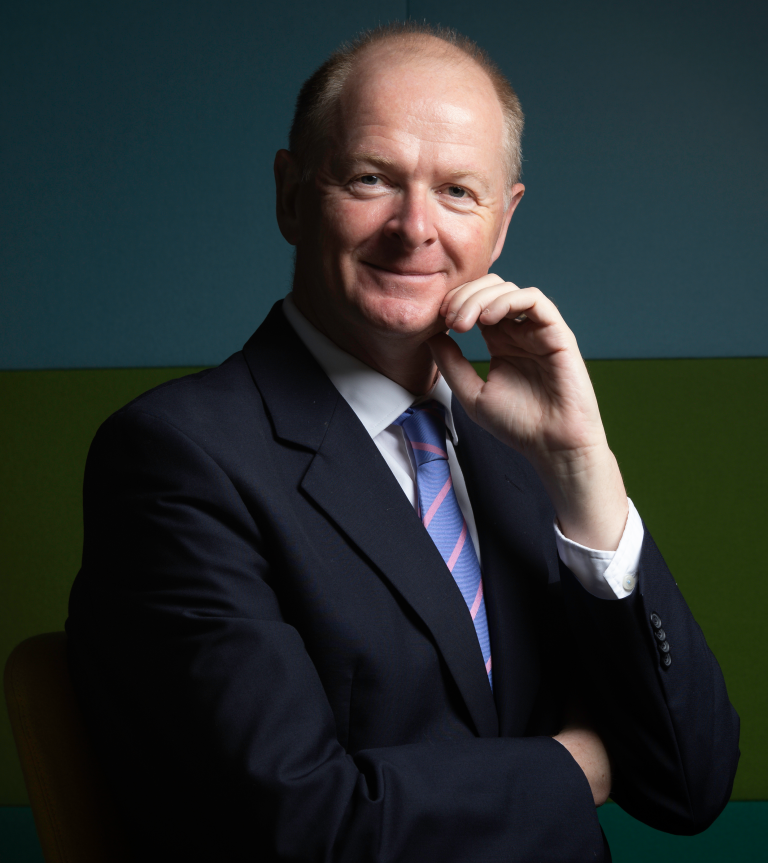HS2 is the ultimate test for an HR Director. The constant scrutiny and epic sale is the peak of human endeavour.

HS2 is the ultimate test for an HR Director. The constant scrutiny and epic sale is the peak of human endeavour.
Queen Mary University of London – Health and Safety DirectorateSalary: £43,677 to £51,040 per annum
University of Cambridge – Human Resources DivisionSalary: £33,482 to £39,355 per annum
University of Exeter – PS ConnectSalary: The starting salary will be from £27,644 per annum pro rata on Grade D, depending on qualifications and experience.